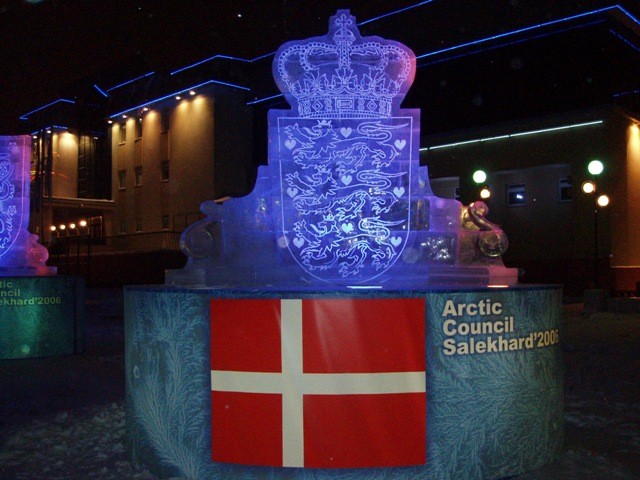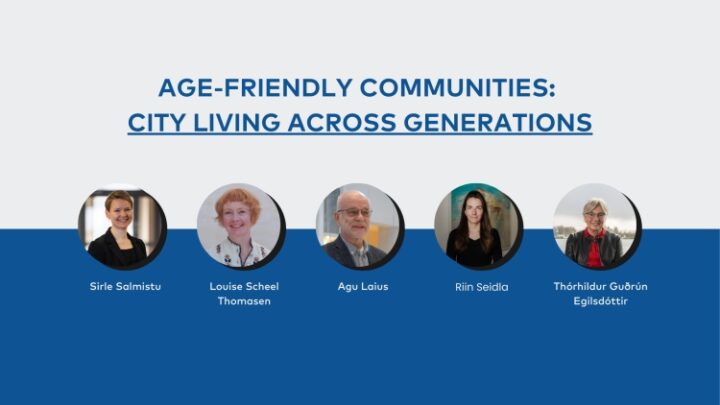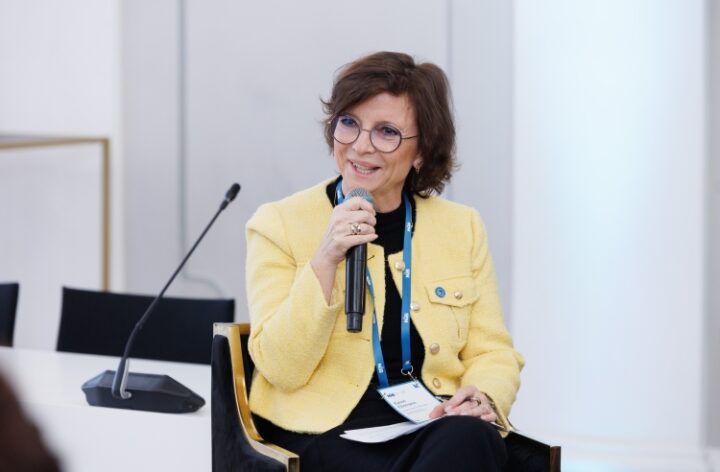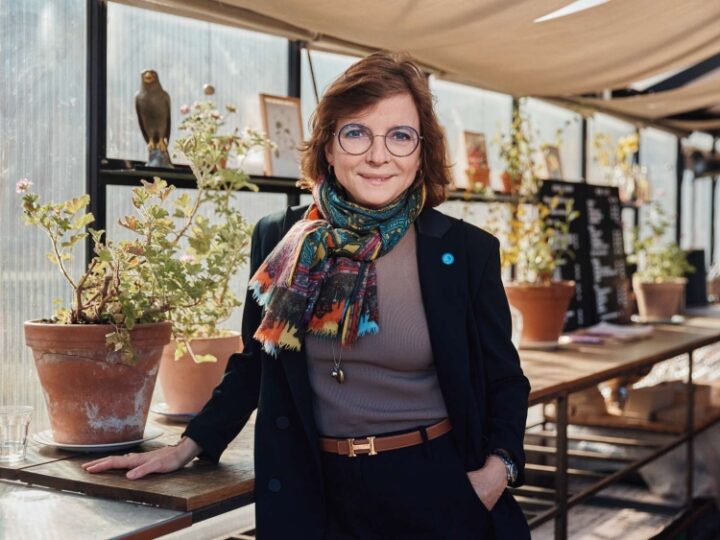Denmark continues with the creation of a green Nordic region despite the financial crisis

|
Globalisation and the associated challenges and opportunities and creation of a sustainable and green Nordic region are the main key words during the presidency of Denmark. It means that Denmark will continue with the globalisation work, which was approved by the Nordic prime ministers in Punkaharju, Finland, in 2007. The financial crisis, which also affected the Nordic countries, became a worrying factor of globalisation in the last year. Production decreased in the whole world and unemployment increased. The crisis is not likely to end this year and it will leave its mark on Denmark’s presidency. However, Denmark as the presiding country of the Nordic Council of Ministers (NCM) in 2010 emphasises that economic and social development must in balance with environmental protection and the fight against climate change irrespective of the economic difficulties. All people must have good living conditions. |
| Climate, environment and green transport The Nordic region must be a green region with green jobs, believes Denmark. The Top-level Research Initiative with a budget of DKK 400 million, whose goals include development and promotion of sustainable energy and climate solutions, will help to carry out this belief. Companies in the Nordic countries must be able to produce environmentally friendly solutions for the global transport sector. Combining ideas and opportunities together creates better chances of success in, for example, developing extensive development and testing platforms for green transport solutions that are based on electricity and hydrogen. Electric cars and more efficient and environmentally friendly consumption of energy in marine transport are among possible fields of investment. The Nordic countries also have great opportunities for the sustainable development and marketing of technologies for producing energy from biomass, water, wind, and also geothermal energy. Denmark will continue with the development of a common Nordic electricity market. Integrating sustainable energy with the heat and power energy market is an important step towards the achievement of the EU’s goal of increasing the importance of sustainable energy by 2020. The Nordic countries hereby highly appreciate their cooperation with the Baltic States. The presidency of Denmark also emphasises the joint eco-label of the Nordic countries called Swan and the Estonian office of the NCM is also engaged in its introduction this year. International cooperation The NCM is looking for fruitful cooperation with other organisations and institutions, especially with the European Union (EU), the Arctic Council, the Council of Baltic States and the Barents Council. Carrying out EU directives in a uniform manner prevents new and helps to remove current obstacles to freedom of movement in the region. Implementation of the Baltic Sea Strategy of the EU is one of the most important challenges in international cooperation. The goal of the Baltic Sea Strategy is to improve cooperation relating to climate change, the environment, infrastructure, business and marine safety. Denmark believes that cooperation with Baltic States in this field is particularly important. The Estonian office of the NCM is also going to focus on helping to carry out the strategy this year. At the moment, we are helping to prepare a high level international conference that is planned for the month of March. We want to organise a conference about removal of border barriers in autumn. Denmark will be paying special attention to seas in the region, including the Baltic Sea. The sea is important for many areas of cooperation: culture, science, climate change, energy and environment, fishery and agriculture, food safety and stock, education, development of coastal regions. Cooperation in all these and other fields must always follow equality and diversity. Global economic success in culture It is tough for each country to succeed in globalising competition on its own. Nordic countries are a sign of quality that is well known and trusted in the world. The common denominator is culture, which plays a vital role in marketing the Nordic countries and placing them on the map of the world. At this year’s World Expo in Shanghai, the Nordic countries are going to organise a children’s film festival, a food safety conference, exhibition of landscape architecture and a Nordic Day that focuses on sustainable energy solutions. Denmark will also focus on introducing and marketing good, safe and healthy Nordic food in the world. We would like to organise events about Nordic food in Estonia as well. Iceland directs the work of the Nordic Council The new year also saw a change in the presidency of the Nordic Council. This year the cooperation of Nordic parliaments will be led by Iceland and the Council’s new president, Helgi Hjörvar. The Council will focus on security (cooperation in fighting organised crime and human trafficking), economy, the sea (including the Baltic Sea region) and culture. |


